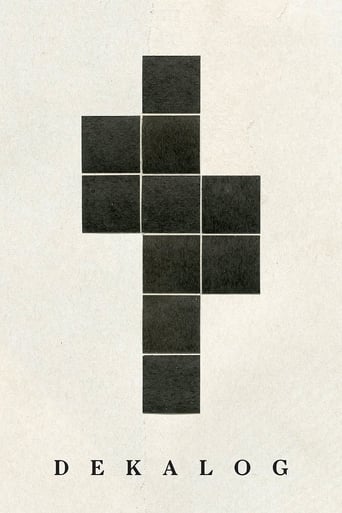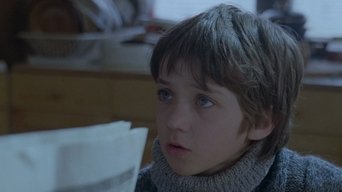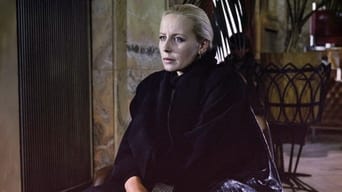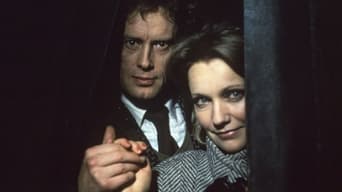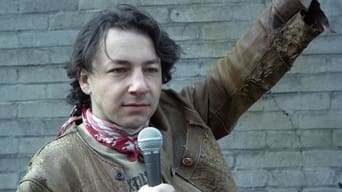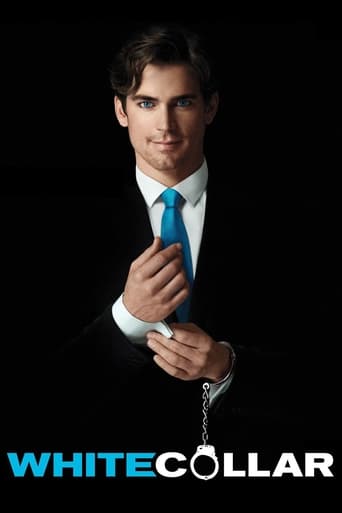Dekalog (1989)
Dekalog
1989 / TV-14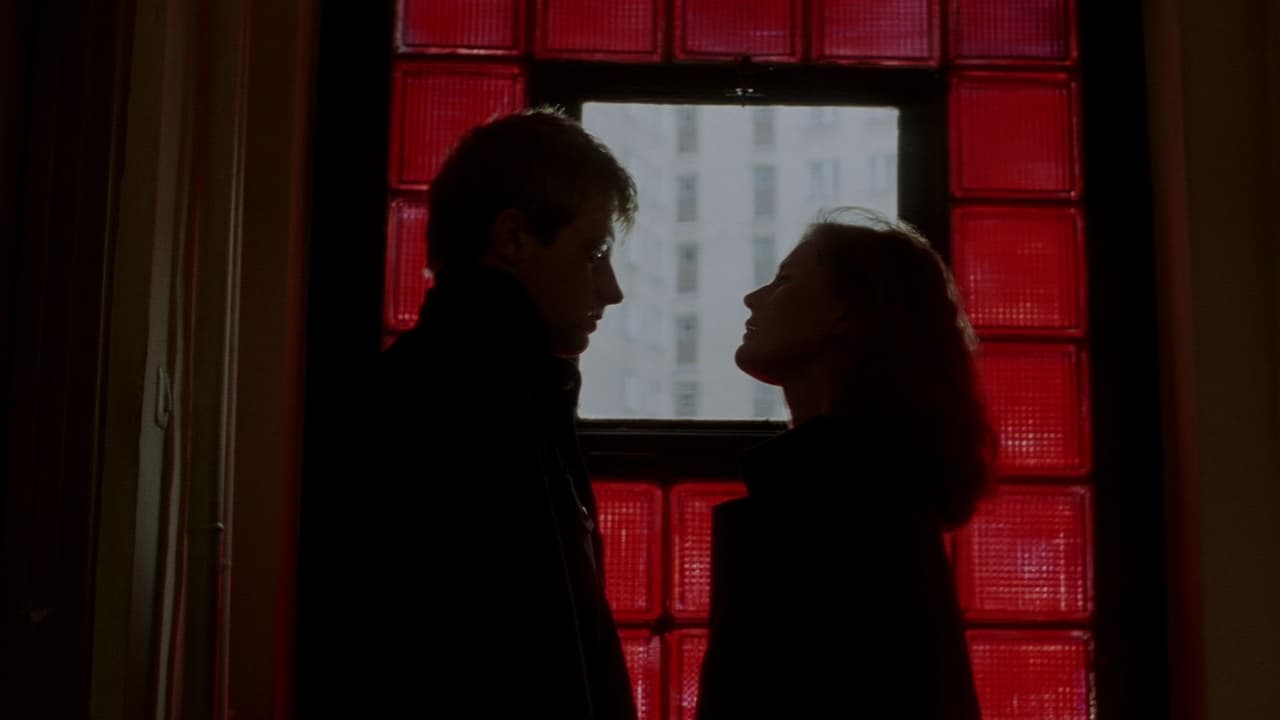
Originally made for Polish television, “The Decalogue” focuses on the residents of a housing complex in late-Communist Poland, whose lives become subtly intertwined as they face emotional dilemmas that are at once deeply personal and universally human. Its ten hour-long films, drawing from the Ten Commandments for thematic inspiration and an overarching structure, grapple deftly with complex moral and existential questions concerning life, death, love, hate, truth, and the passage of time.
Seasons & Episode
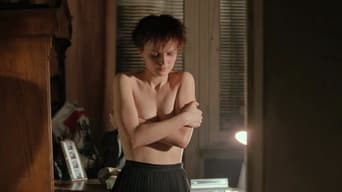
“Honour thy father and thy mother.” Young Anka and her father have lived together since her mother’s death, and have always been more like close friends than father and daughter. One day, Anka discovers a letter from her mother whose contents make her question her whole relationship with her father… if that’s indeed who he is.
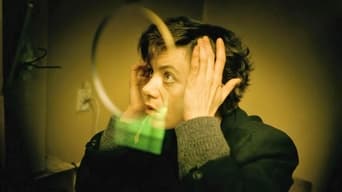
“Thou shalt not kill.” A shorter, slightly less graphic version of “A Short Film About Killing,” but the plot is essentially the same: murder followed by execution, two killings, one illegal, one legal, both hideous.
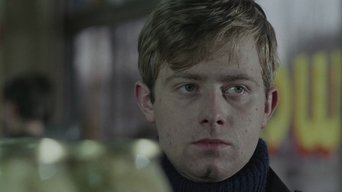
“Thou shalt not commit adultery.” A shorter, scaled-down version of “A Short Film About Love,” with a less complex plot and a different ending—though the basic narrative about the relationship between a lonely 19-year-old boy and the thirty-something artist that he spies on every night is the same.
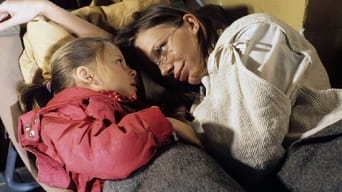
“Thou shalt not steal.” But in this case the “theft” is of a child by her real mother, who then finds herself emotionally unable to cope with the responsibility, while the stable and loving family that brought the child up are distraught.
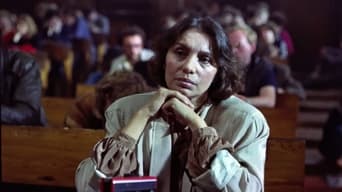
“Thou shalt not bear false witness against thy neighbour.” A Polish-American researcher visits Warsaw and attends a lecture about ethics. Afterwards, she approaches Zofia, the lecturer, and says that she is the little Jewish girl whom Zofia refused to shelter during World War II. But Zofia has a very good reason for her apparent cowardice…

“Thou shalt not covet thy neighbour’s wife.” Roman, after discovering his impotence, urges his wife Hanka to take a lover. She reluctantly complies, and Roman, despite his earlier words, becomes obsessively jealous. Spying on her, he learns of her affair, and vows to kill himself—not knowing that Hanka was in fact breaking off the relationship…
Originally made for Polish television, “The Decalogue” focuses on the residents of a housing complex in late-Communist Poland, whose lives become subtly intertwined as they face emotional dilemmas that are at once deeply personal and universally human. Its ten hour-long films, drawing from the Ten Commandments for thematic inspiration and an overarching structure, grapple deftly with complex moral and existential questions concerning life, death, love, hate, truth, and the passage of time.
Watch Trailer
Free Trial Channels


